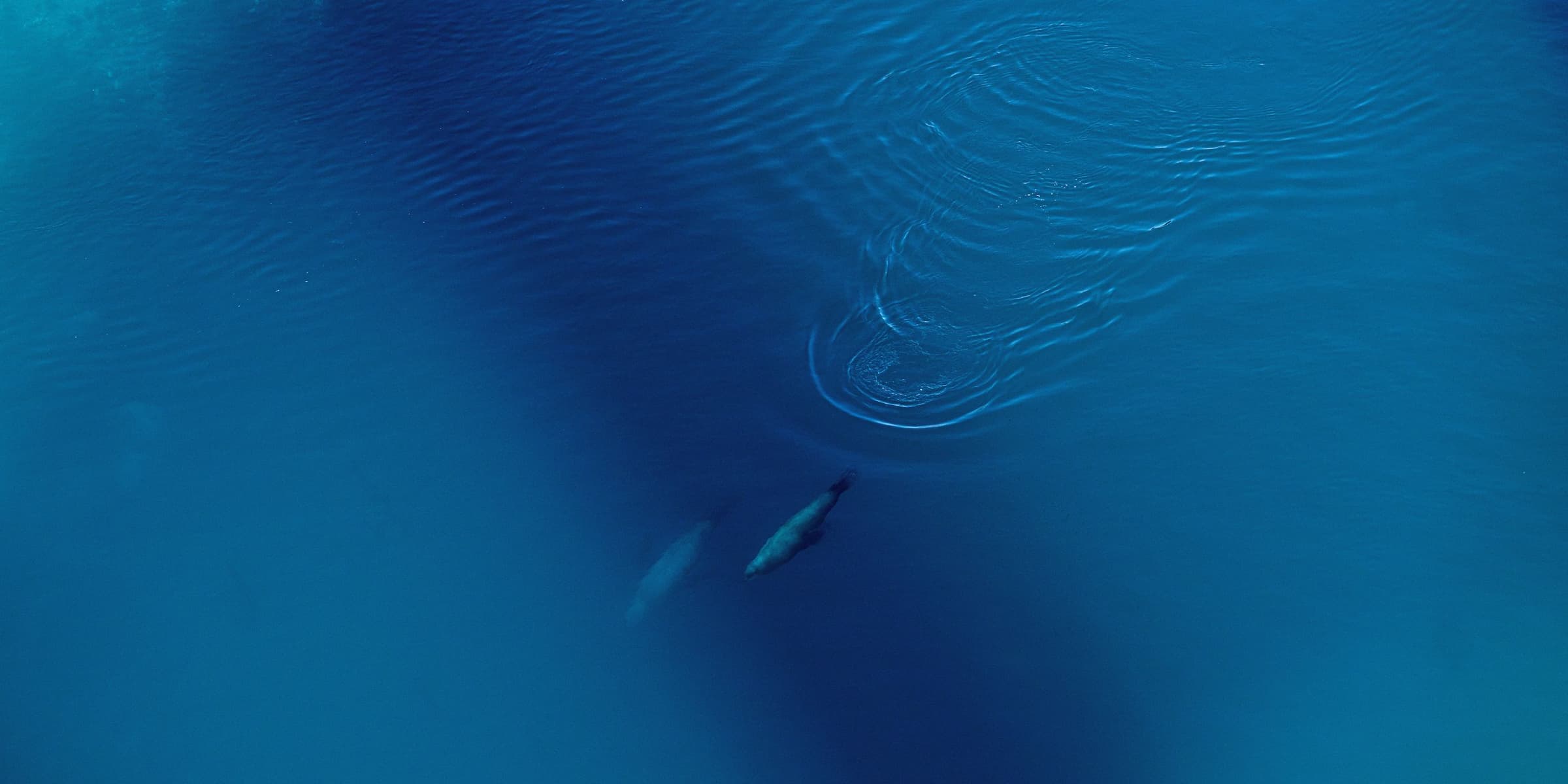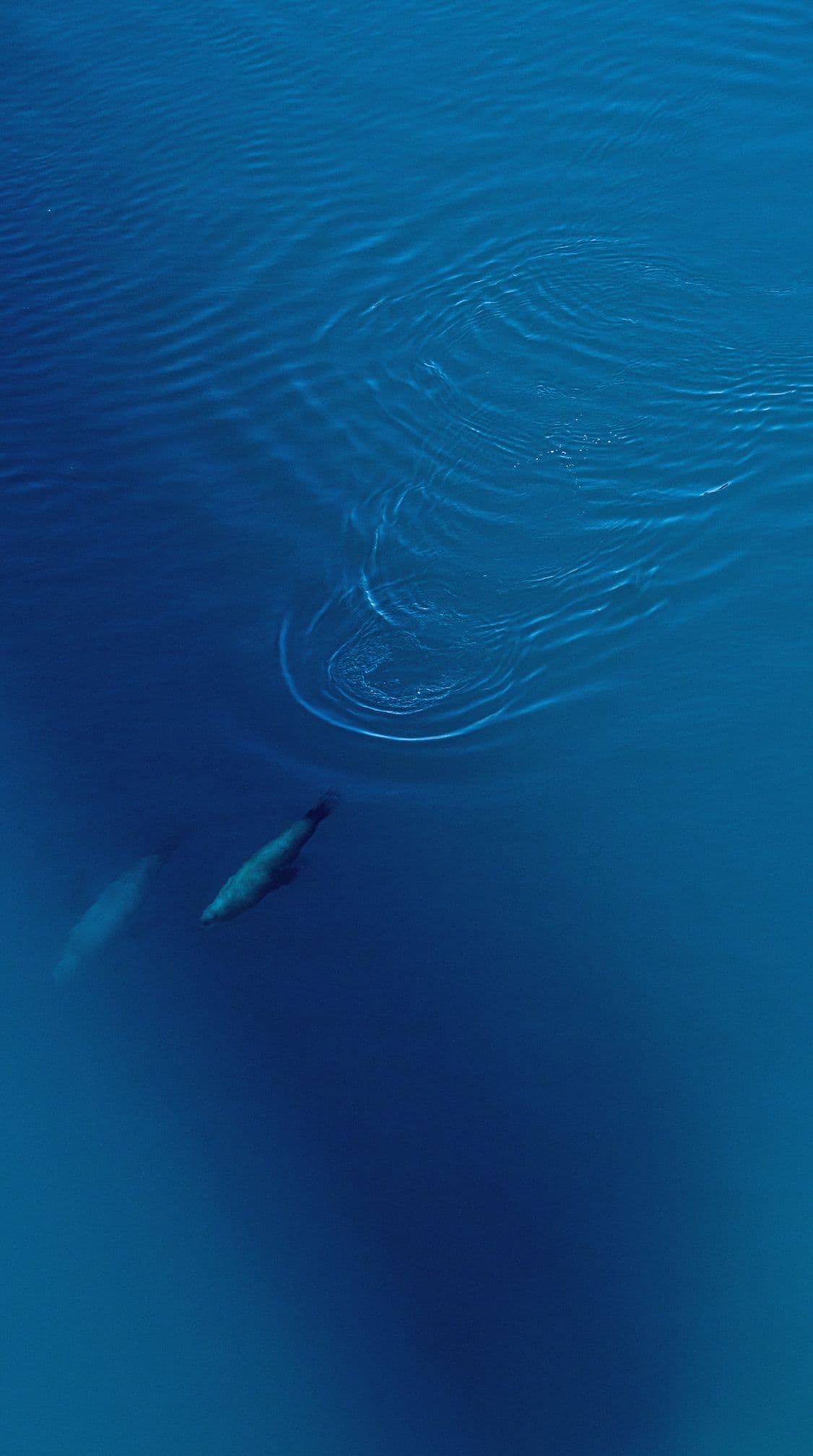High visibility brands, such as Patagonia and Peak Design, have famously shown their commitment to the environment by joining 1% for the Planet, a network of like-minded businesses that donate 1% of their annual sales to environmental causes.
When Sitka Seafood Market was formed, we saw the value of these types of funds. They serve as a testament to the growing recognition of the urgent need to address environmental challenges and mitigate the impacts of climate change, they enable businesses to give to vetted environmental organizations, and they encourage consumers to support enterprises that prioritize the well-being of our natural world.
But we wanted to go a step further.
So we designed a fund that commits 1% of our annual revenue (that’s revenue, not profits!) to organizations and initiatives working to foster sustainable futures.
In the spirit of our original slogan “Stay Wild” we named our 1% For the Wild Fund after the wild seafood and wild places that make us feel connected, inspired, and alive.

What’s more, our view of sustainable futures extends beyond wildlife conservation to include broader conceptions of well-being. We envision a sustainable future where natural ecosystems and human communities can flourish, mutually ensuring a better quality of life for all.
We seek out opportunities to support community-strengthening efforts such as housing the homeless, teaching the next generation of Alaska’s youth, and supporting access to healthy food for all.
“We really care about where we harvest our fish and working with our community partners, so we developed a program called 1% For the Wild that uses one percent of our gross revenue to restore habitat, strengthen communities, as well as food systems that we believe in.” — Sitka Seafood Market Sourcing and Sustainability Director Michael Kohan
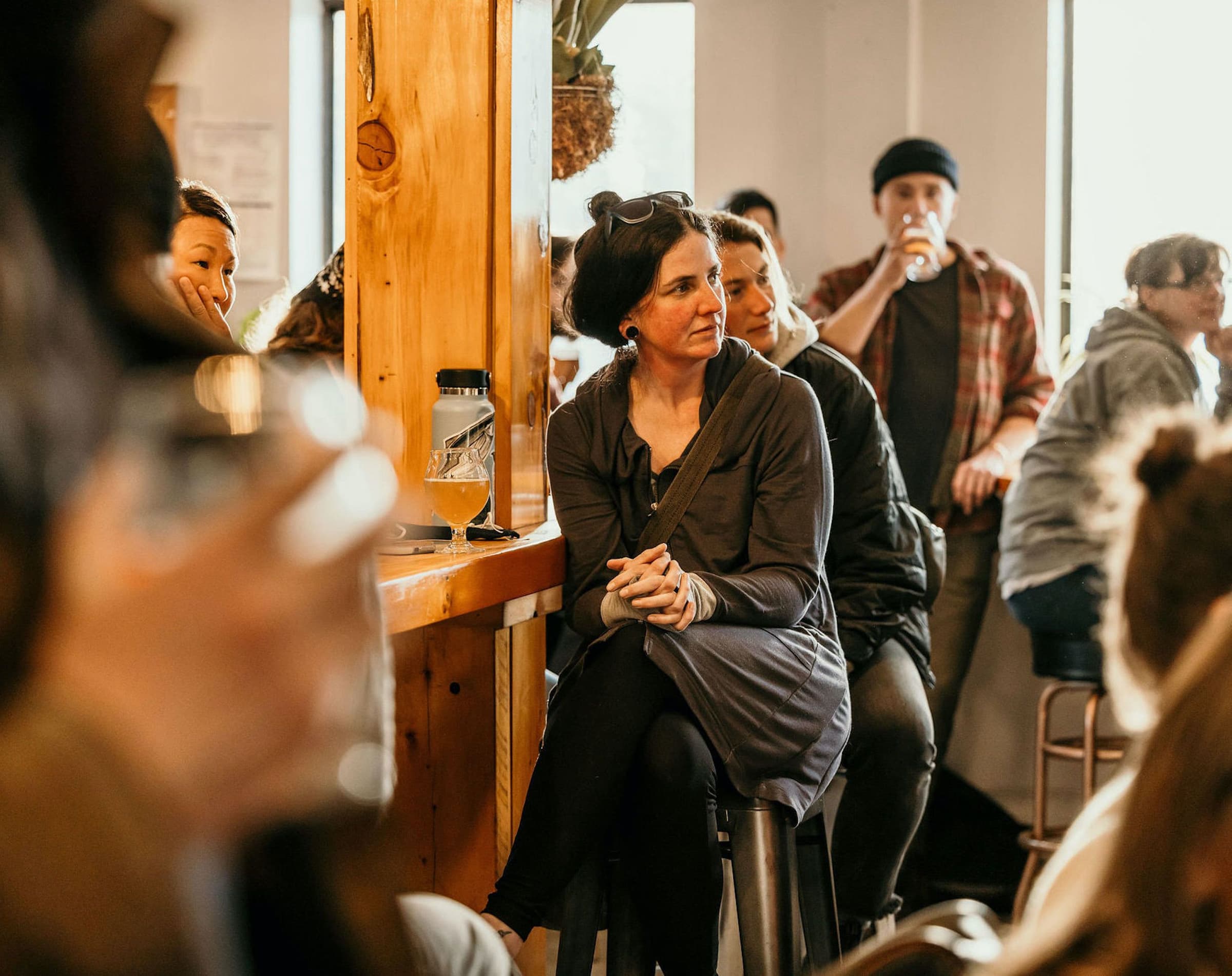
While preserving our planet's natural systems is crucial, it is equally important to ensure that the communities relying on and caring for these ecosystems are resilient and diverse. We recognize that human well-being is intricately linked to the health of our environment and requires that we prioritize equitable access to resources, economic stability, and cultural vibrancy. That’s why we seek out initiatives to promote women in fisheries, and opportunities to source seafood from tribally owned seafood processors.
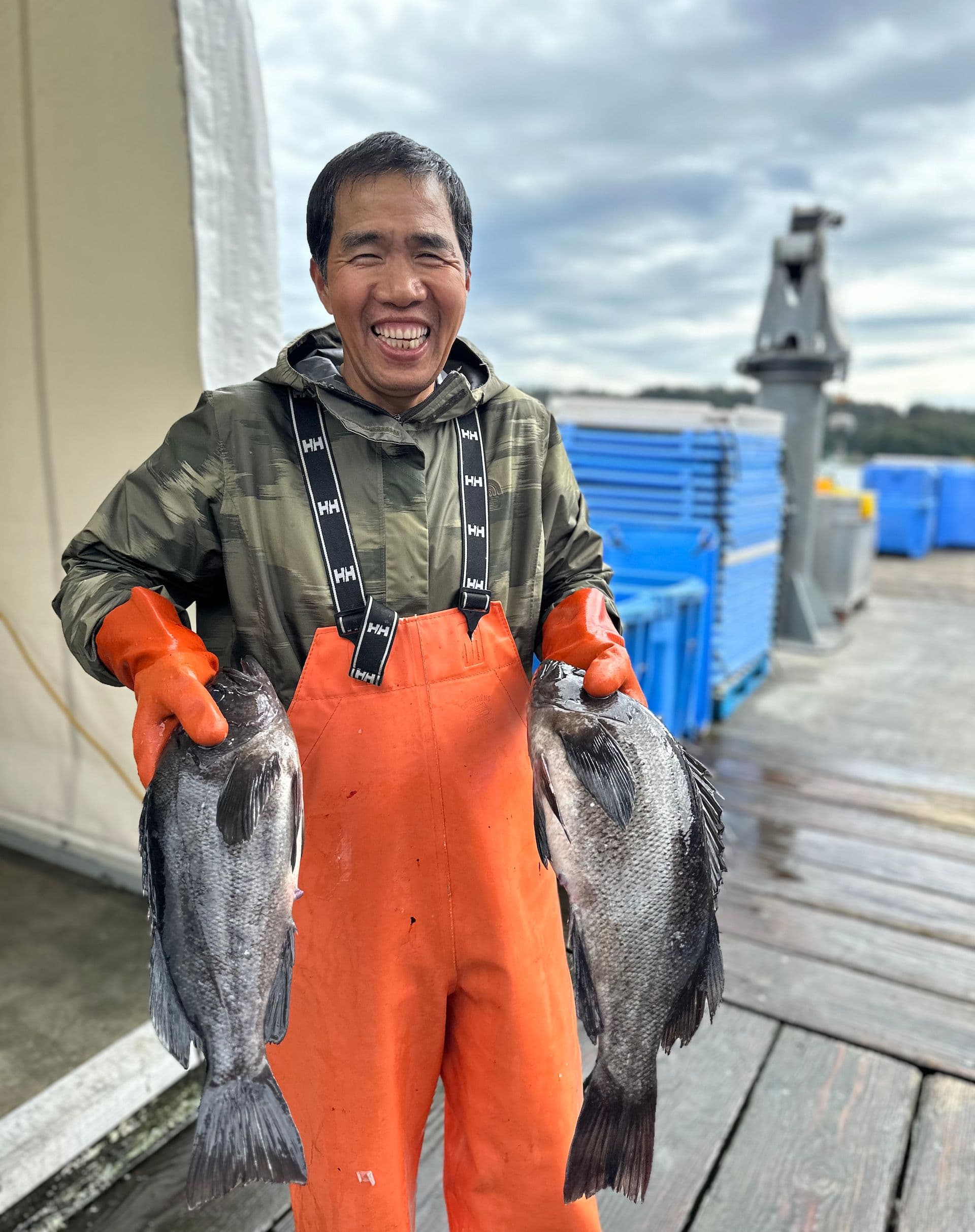
We believe that sustainability transcends the realm of natural ecosystems alone and instead, we approach sustainability as a holistic concept that encompasses our shared communities and the food systems that nourish them.
